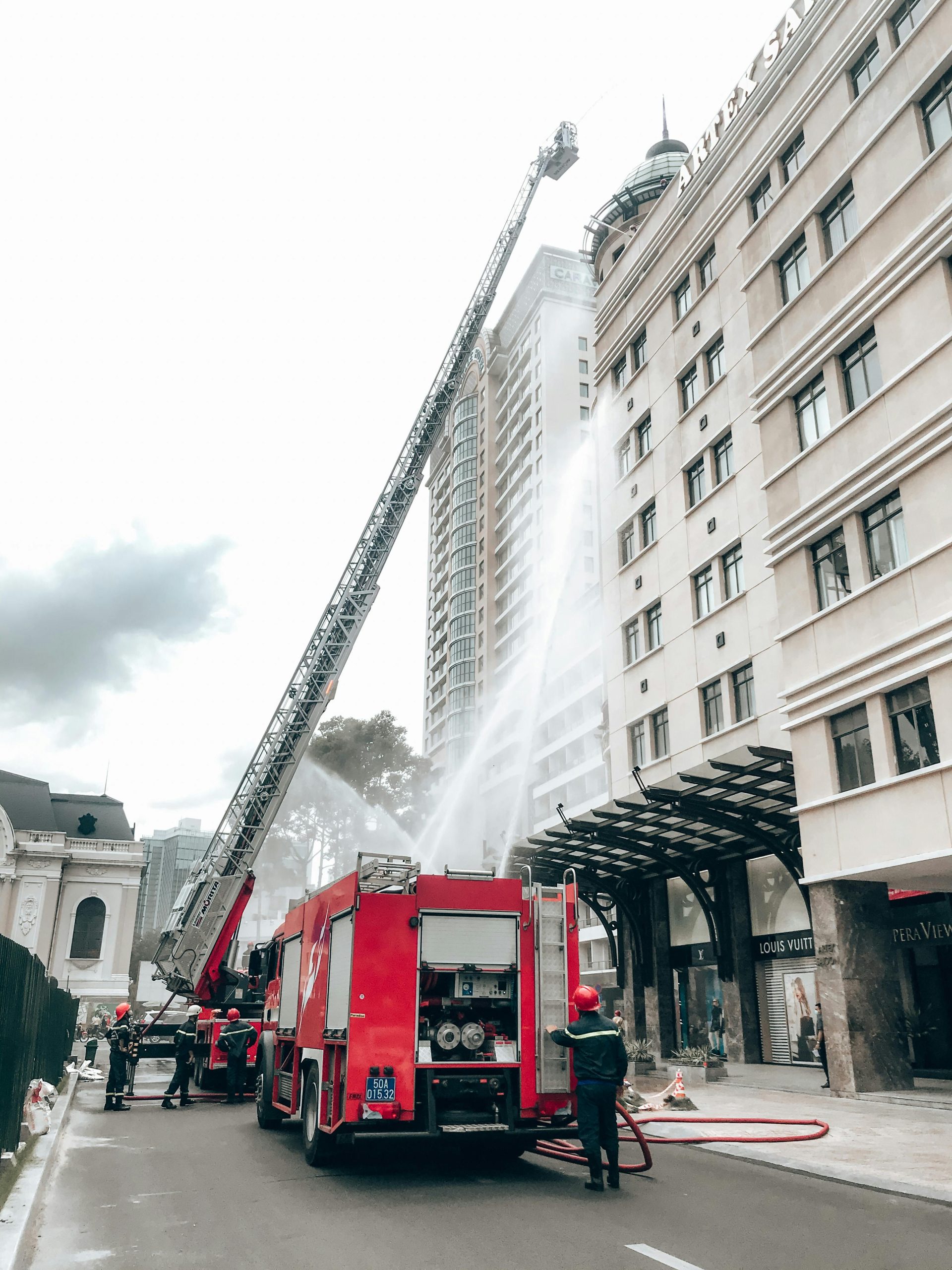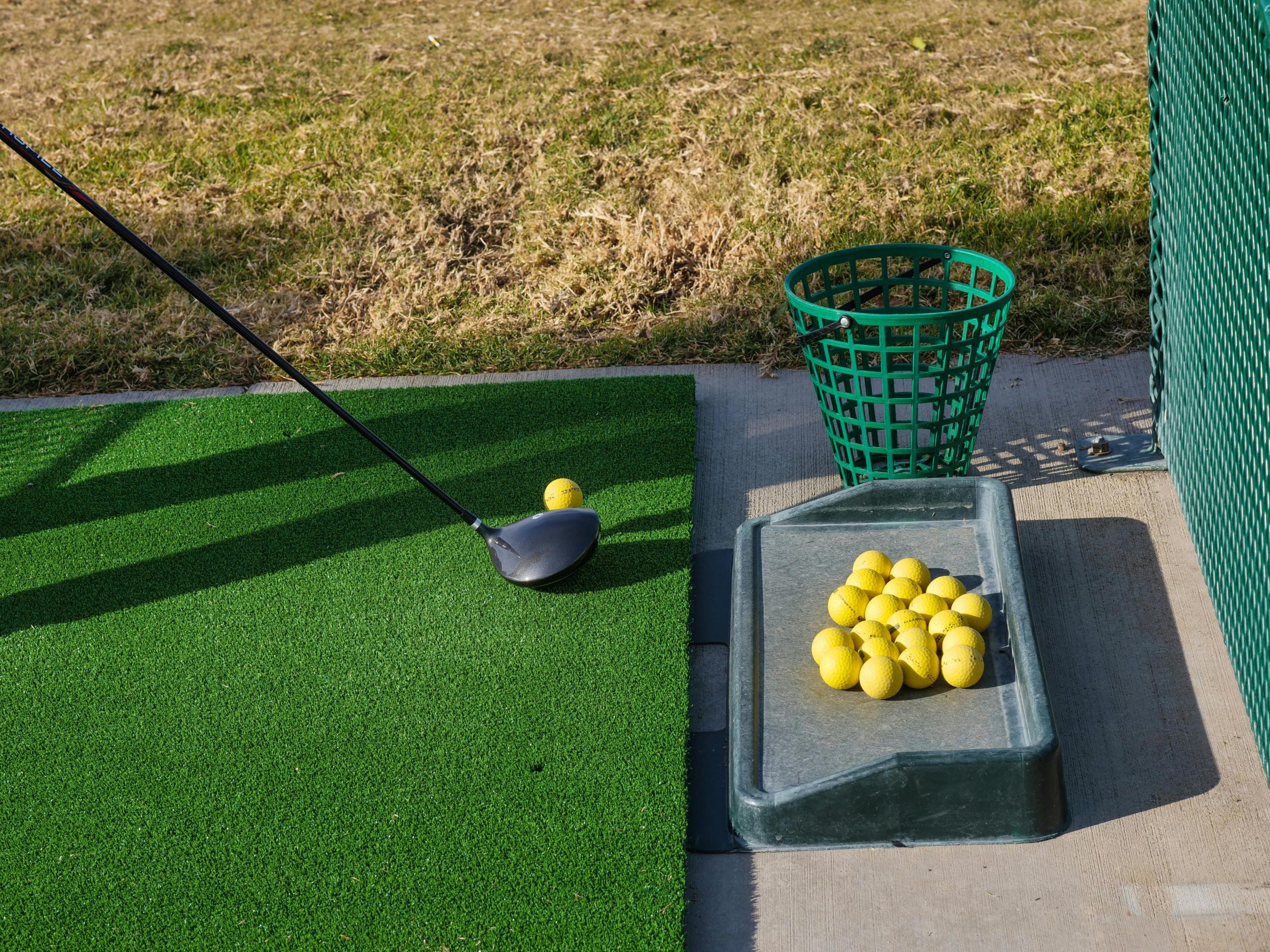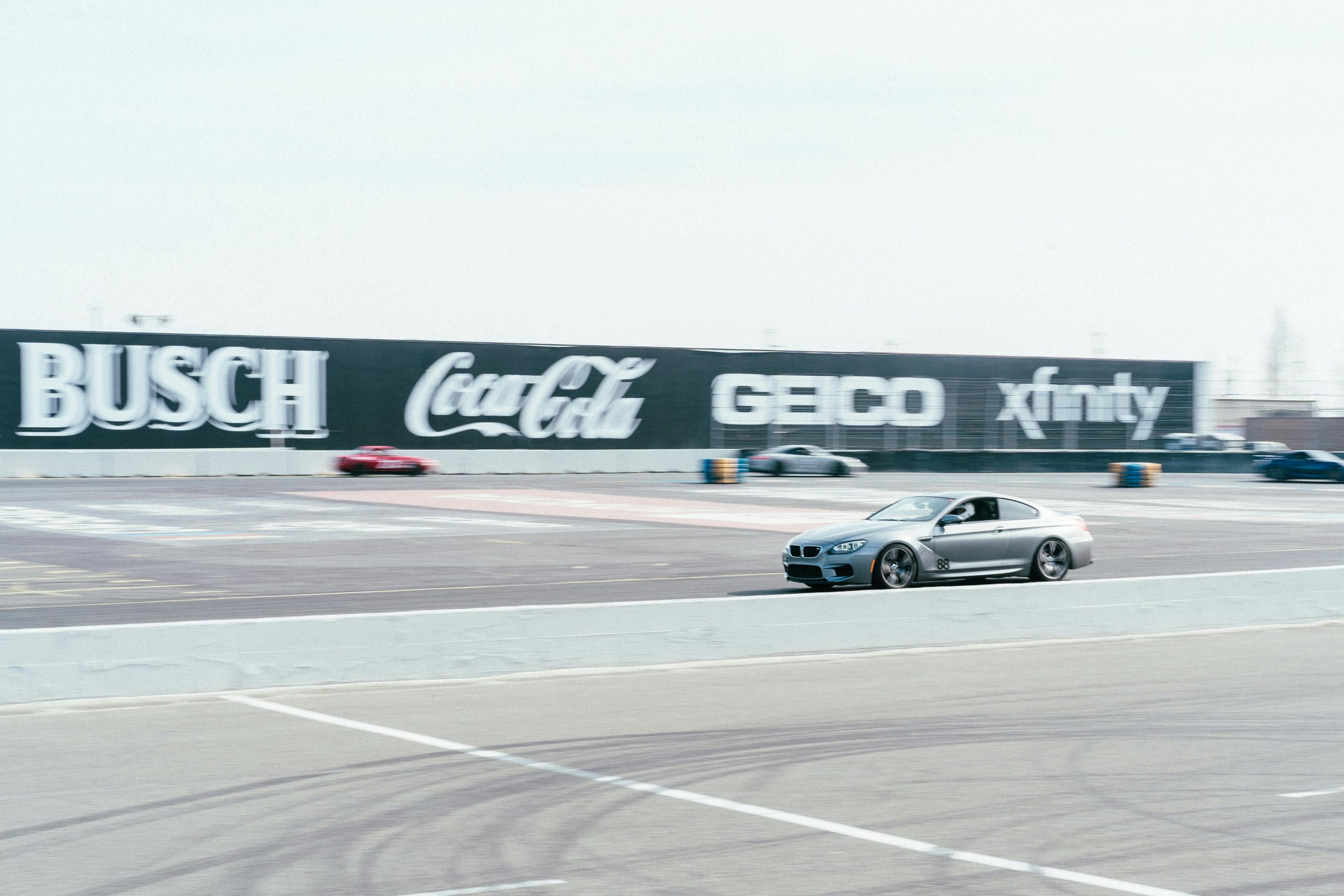Colorado UM/UIM Insurance Inquiry
I’m a Colorado resident insured with USAA. Recently, I experienced an incident where my car was hit while parked. Fortunately, the other party left their information, and I’m currently working with their insurance to get my car repaired. However, when I contacted my own insurance, I was informed that there would be absolutely nothing they could do if I had found my vehicle damaged without any identifying information from the responsible party.
I believed that UM/UIM coverage in Colorado would apply to damages caused by another driver, even if I couldn’t locate their information. However, the USAA agent clarified that if the other party’s details were unavailable, I would be entirely responsible for my car’s damages. According to them, the only way to receive coverage in this scenario would be to have collision coverage, which I understood is separate from UM/UIM coverage in Colorado.
Can anyone clarify if this information is correct? Should I consider updating my coverages?




It sounds like you’re in a bit of a confusing situation regarding your UM/UIM coverage and the specifics of Colorado insurance laws. Let me try to clarify things for you.
In Colorado, Underinsured Motorist (UIM) and Uninsured Motorist (UM) coverage primarily protect you in scenarios where you’re involved in an accident with another driver who is underinsured or uninsured. Generally, these coverages are meant for bodily injury rather than property damage to your own vehicle.
Here’s what this means in your situation:
UM/UIM Coverage: This coverage will help pay for medical bills and related costs if you’re injured in an accident with an uninsured or underinsured driver. However, as you discovered, it does not typically cover damage to your vehicle if you can identify the other party’s insurance.
Property Damage: For damage to your car, if the other driver is identified and is insured, their insurance should take care of the damages. If you can’t identify the other driver (like when you find your vehicle damaged with no note), UM/UIM doesn’t help with property damage under typical circumstances. In that case, you’d usually rely on collision coverage—or possibly, if you have comprehensive coverage, that may apply in some unique situations.
Collision Coverage: As the agent indicated, collision coverage is what would help pay for damages to your own vehicle regardless of fault. This is typically why drivers opt for it, especially in situations like parking lot incidents.
Coverage Review: If you often find yourself in scenarios where another driver could hit your car while parked or you want coverage for hit-and-run incidents, it may be wise to consider adding collision coverage. This would ensure that you have the protection you need against damage to your own vehicle.
It sounds like the information you received from USAA is accurate based on standard Colorado coverage rules. If you feel your needs might change or if you’re concerned about potential risks, reviewing your coverages with your insurance agent might be a good idea to ensure you’re adequately protected.